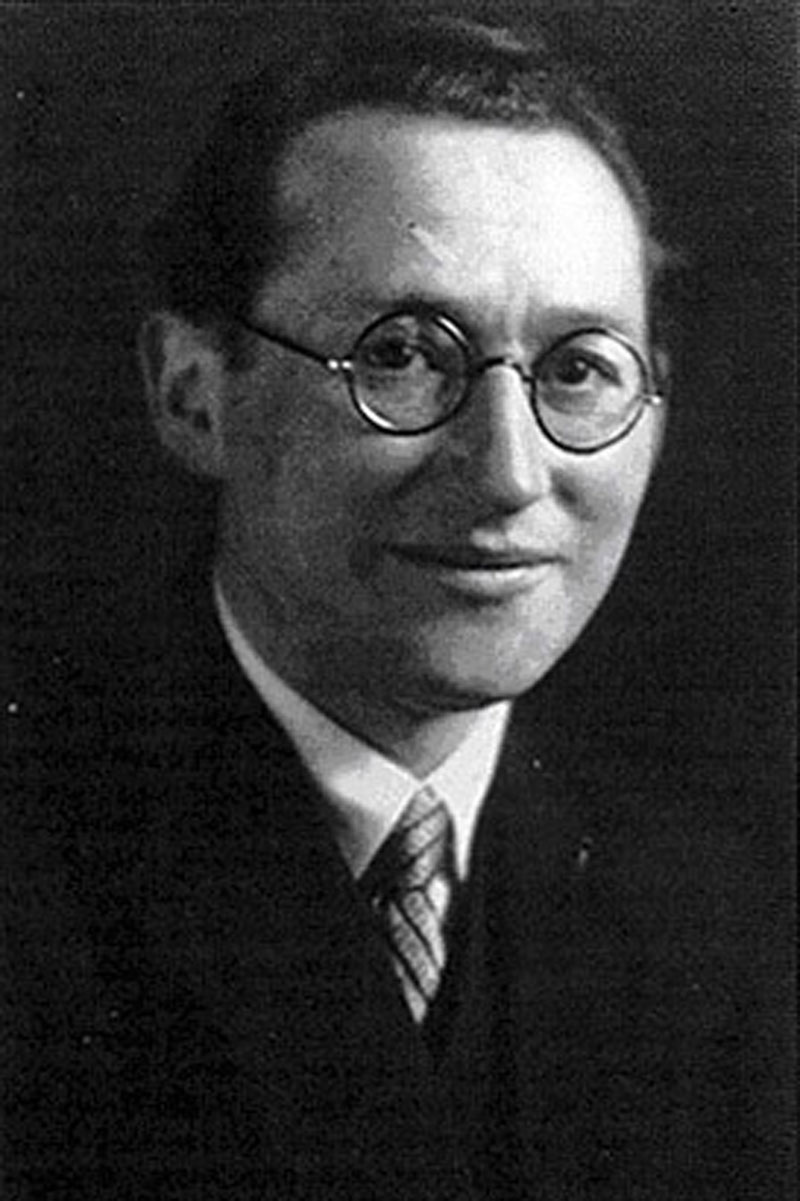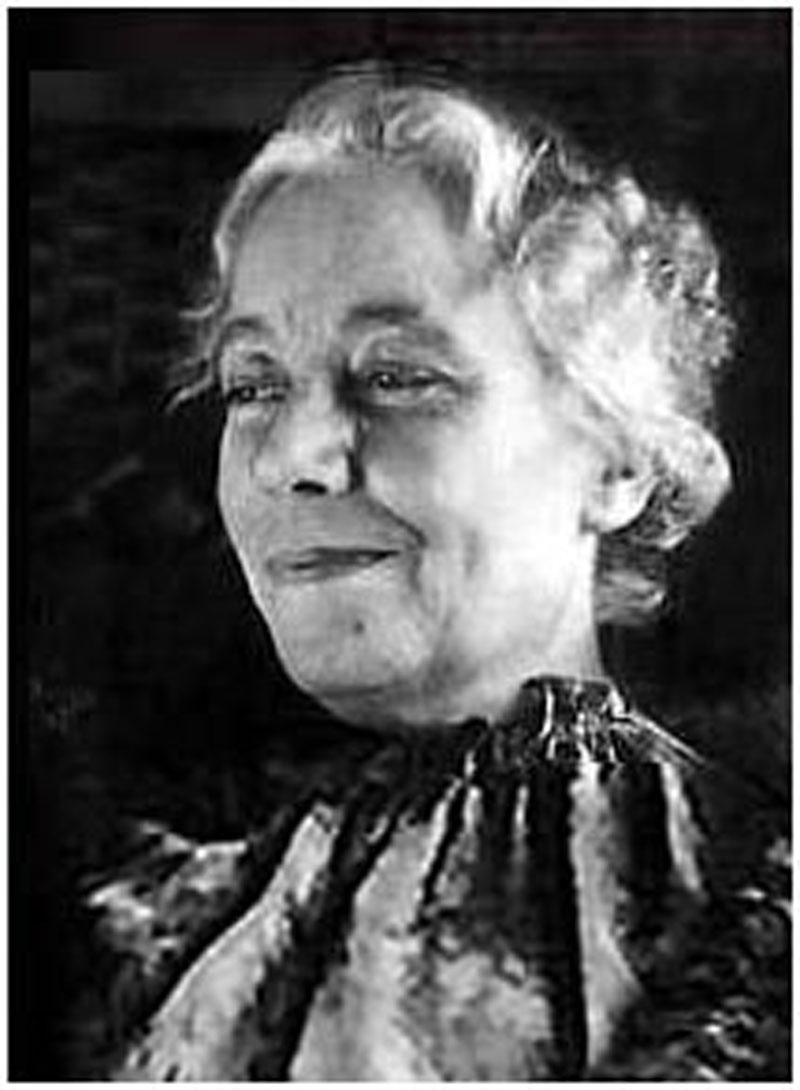Neo-Freudian Theories
- The Neo-Freudian psychologists were a group of loosely linked theorists of the mid-twentieth century, who were all influenced by Sigmund Freud, but who extended his theories, often in social or cultural directions.
- Alfred Adler was the founder of the school of individual psychology. His emphasis on the importance of feelings of inferiority - the inferiority complex - is recognized as isolating an element which plays a key role in personality development.
- An inferiority complex is a lack of self-worth and feelings of not measuring up to standards. It is often subconscious, and is thought to drive afflicted individuals to overcompensate, resulting either in spectacular achievement or extreme asocial behavior.
- Holism is the idea that systems and their properties should be viewed as wholes, not as collections of parts.
- A term originally used by the Austrian psychologist, Alfred Adler, lifestyle denotes the interests, opinions, behaviors, and behavioral orientations of an individual, group, or culture.
- Fictional final goal is a central personality dynamic of classical Adlerian psychology which assumes a future-oriented striving toward an ideal goal of significance, superiority, success or completion.
- Karen Horney is credited with founding feminist psychology in response to Freud's theory of penis envy. She disagreed with Freud about inherent differences in the psychology of men and women, and she traced such differences to society and culture rather than biology.
- The ten neurotic needs, as set out by Horney, are 1) affection & approval 2) a partner 3) power 4) the need to exploit others 5) social recognition 6) personal admiration 7) personal achievement 8) self sufficiency 9) perfection 10) the need to restrict life practices.
- Basic anxiety is a term used by psychoanalytic theorist Karen Horney, who believed that neurosis resulted from it. Her theory proposes that coping strategies can be overused, causing them to take on the appearance of needs.
- Basic hostility is a psychological concept first described by Karen Horney. Horney described it as a bad attitude which a child develops as a result of inappropriate parental behavior - from lack of affection to abuse.
- Object relations theory is a neo-Freudian framework which describes the process of developing a psyche. The theory suggests that the way people relate to others and situations in their adult lives is shaped by family experiences during infancy.
- Erich Fromm was a neo-Freudian theorist who believed that freedom was an aspect of human nature that we either embrace or escape. Embracing our freedom of will is healthy, whereas escaping freedom through the use of escape mechanisms is the root of psychological conflicts.

